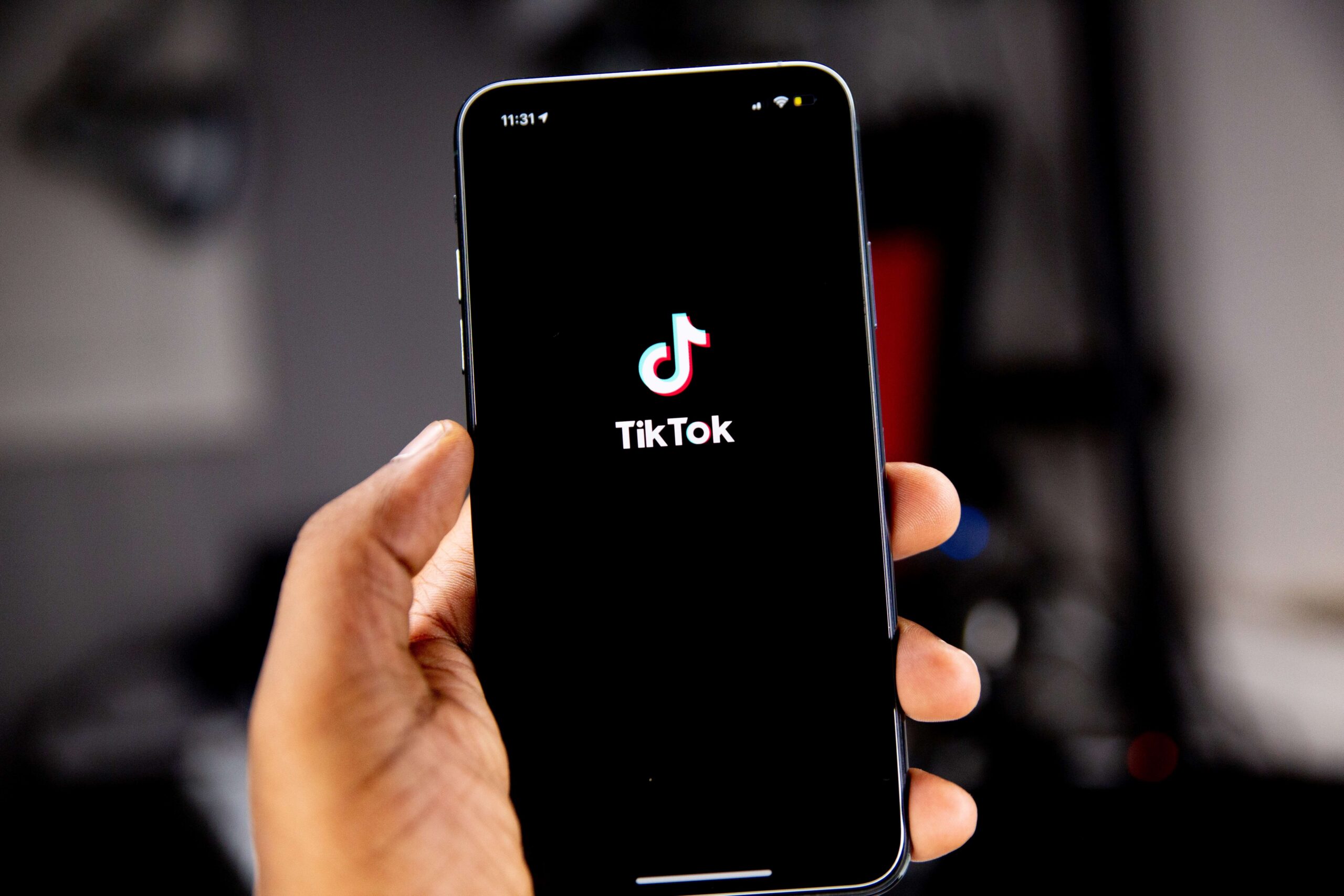In recent times, Africa has seen an increasing move against popular social media platforms, particularly TikTok. With countries like Senegal, Somalia, and Kenya expressing concerns or taking measures against the platform, it begs the question: why is this app, celebrated for its creativity and engagement, under the microscope in the continent?
The Political Landscape
In Senegal, the government suspended TikTok citing its use for disseminating “hateful and subversive” messages, especially during the tumultuous period following the imprisonment of opposition figure Ousmane Sonko. Protests erupted, and the situation escalated rapidly. The government’s rationale was that restricting the app would mitigate the spread of potentially incendiary information and help maintain peace. Amnesty International was quick to decry these moves, seeing them as a suppression of freedom of information.
Security and Morality Concerns
Somalia’s reasons for banning TikTok, alongside other platforms like Telegram and 1xBet, were twofold: security and morality. The government pointed out that these platforms were often exploited by “terrorists and immoral groups” to spread disturbing content. Given Somalia’s history with terrorism and its continuous fight against extremist groups, such concerns are understandable, if debatable in terms of how they’re addressed.
Cultural and Societal Values at Stake?
Kenya’s issue with TikTok primarily centers around its potential erosion of societal values. Even as a petition sought to restrict the platform, TikTok responded proactively by deciding to set up its regional headquarters in the country. TikTok’s move could be interpreted as an attempt to build trust and demonstrate commitment to Kenya’s interests.
The Economic Impact on Young Content Creators
For a platform that has given many young Africans a voice and even a livelihood, these bans have substantial consequences. TikTok provides not just entertainment, but also an income. With few job prospects in some regions, platforms like TikTok offer a unique and powerful opportunity to earn.
The Larger Trend
It’s crucial to contextualize these TikTok bans within the broader African digital landscape. Nigeria’s suspension of Twitter underscores the tensions between African governments and global tech companies. These platforms, while offering numerous opportunities for engagement, business, and cultural exchange, also present challenges, including the potential for political destabilization or cultural dilution.
TikTok’s decision to root itself in Kenya showcases its dedication to the African market. However, as the platform grows in popularity, it will need to address the diverse and evolving concerns of each nation. This ongoing conversation between tech companies and governments, if approached collaboratively, could lead to a more harmonious integration of such platforms into the cultural and political fabric of African nations.
Image Credit: Solen Feyissa on Unsplash




